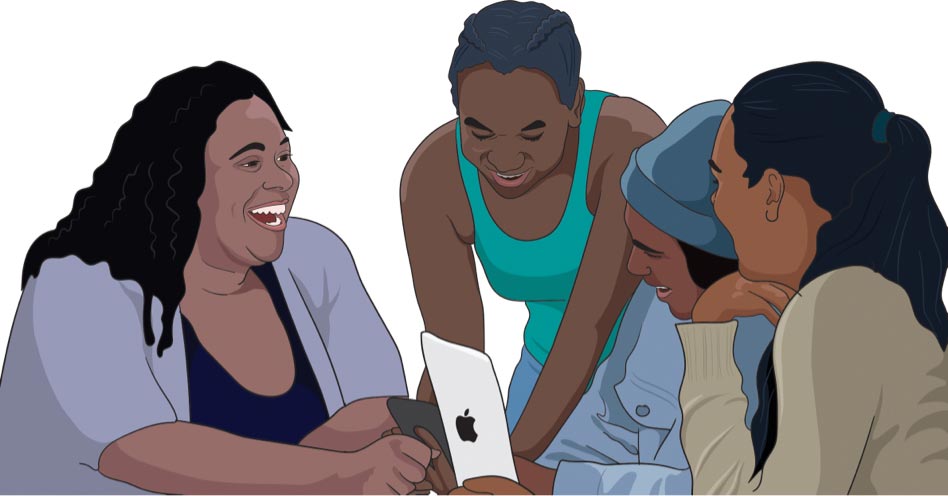
Key considerations for optimal cancer care
This page provides guidance to health practitioners and service planners on optimal care for Aboriginal and Torres Strait Islander people with cancer, across the cancer continuum. The Quick Reference Guide accompanying resource for the Optimal care pathway for Aboriginal and Torres Strait Islander people with cancer provides further guidance.
Key considerations to support the delivery of optimal care for Aboriginal and Torres Strait Islander people with cancer are:
-
Understanding your patient
-
Understand the philosophies of holistic health and wellbeing and the role of Aboriginal and Torres Strait Islander knowledge, values, beliefs, cultural needs and health history in decision-making processes about treatment and ongoing care.
-
Care coordination for each person should be informed by factors such as gender, kinship, family ties, language barriers and socio-economic issues.
-
Offer an option to see a health professional of the same gender as the patient, referral to an alternative service provider if this is not possible, or the option of having a support person present.
-
Acknowledge that family may include people who are not genetically related.
-
When discussing family history and genetic testing, understand that the concept of family is broader than being genetically related, discussing family members who are part of the Stolen Generation may be distressing.
-
Be sensitive when discussing cultural taboos about cancer, Sorry Business (referring to people that have died), Men’s and Women’s Business and concerns about research exposure.
-
Practise trauma-informed care and take steps to address intergenerational and contemporary trauma through culturally informed approaches.
Communication
-
Provide plain English information in accessible and culturally appropriate formats. Use an interpreter if required.
-
Only use traditional terminology, such as referring to people as ‘Aunty’ or ‘Uncle’ if invited to do so. Practical considerations for consultations
-
Allow time to build rapport and trust with patients, while also ensuring timeframes meet evidence-based guidelines.
-
Encourage and include family and/or community members/ Elders/support people at appointments, if preferred.
-
Ask if the individual identifies as Aboriginal and/or Torres Strait Islander and record this if a person wishes to identify as such.
-
Ask permission before touching a patient and explain the reasons why it is necessary to touch them.
-
Ensure the multidisciplinary team includes an expert in providing culturally appropriate care to Aboriginal and Torres Strait Islander people.
Life with and after cancer
FIND OUT MORE
Where can I get help and support?
FIND OUT MORE

